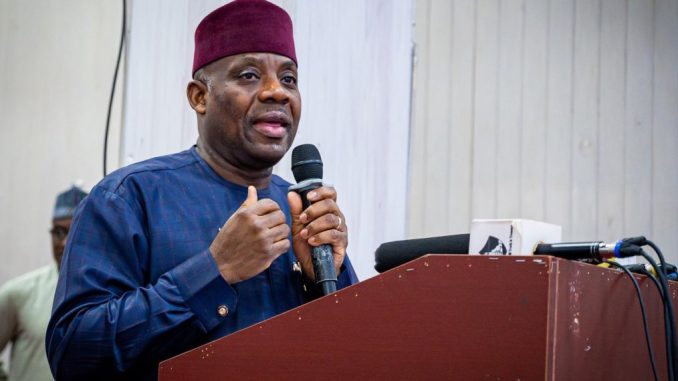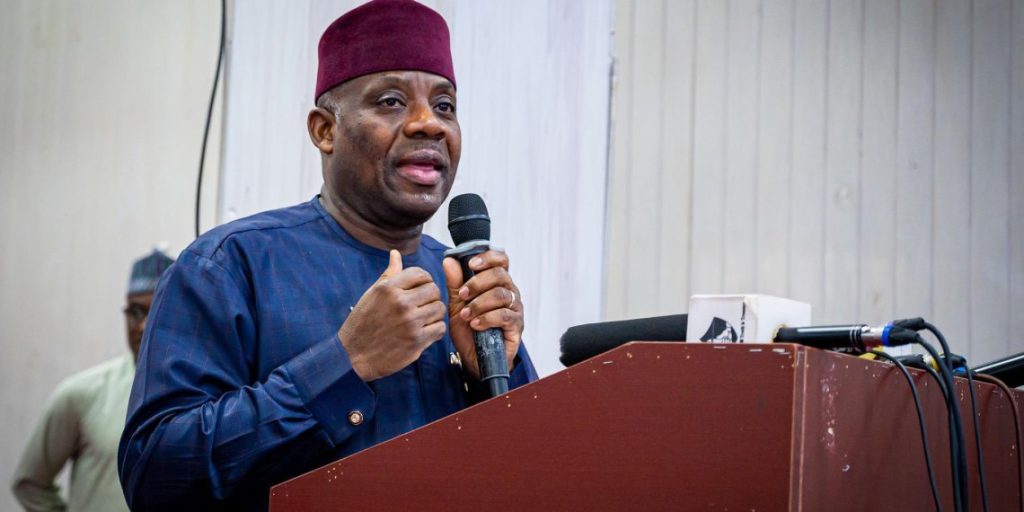
The Federal Government has officially rolled out a new curriculum in Nigeria, a move education experts say could change how children learn and prepare for the future. The reform, which kicks off in the 2025/26 academic year, reduces subject overload and introduces compulsory trade subjects for Junior Secondary School students.
Why the Change?
For years, parents and teachers complained about students being weighed down with too many subjects. Officials say the new plan is designed to “lighten the load” while also ensuring that children leave school with skills they can use to earn a living.
Under the revised structure:
- Primary 1–3 pupils will now offer 9–10 subjects instead of 13–15.
- Primary 4–6 students will handle 10–12 subjects.
- Junior Secondary students will take 12–14 subjects.
- Senior Secondary students will have just 8–9 subjects.
- Technical schools are capped at 9–11 subjects.
“It’s about cutting off what is not useful and keeping what prepares them for life after school,” one education official explained.
Trade Subjects for JSS Students
A key highlight of the new curriculum in Nigeria is the introduction of trade subjects at the junior secondary level. Every student in JSS 1 must now pick at least one skill-based subject from a list that includes:
- Fashion design and garment making
- Solar panel installation and maintenance
- Livestock farming
- Beauty and cosmetology
- GSM/computer hardware repairs
- Horticulture and crop production
The idea, according to the Education Ministry, is to make sure no child leaves school without a practical skill.
Tech and Citizenship Take Center Stage
Another major change is the reintroduction of Nigerian History as a compulsory subject. At the senior level, it merges into a broader course called Citizenship and Heritage Studies, which combines history, civic education, and social studies.
Digital learning also got a big boost. From primary school upwards, pupils will now learn coding, digital literacy, and even basics of robotics and artificial intelligence.
“These children are growing up in a digital world. We can’t keep teaching them with a 1970s curriculum,” the Minister of Education said during the announcement.

Who Was Involved?
The curriculum review was not done overnight. It involved agencies like NERDC, UBEC, NSSEC, and WAEC, along with teachers, curriculum experts, and other stakeholders. Officials said the process followed international standards but was also tailored to Nigeria’s realities.
What This Means for Parents and Students
For parents, the new curriculum in Nigeria could mean lighter school bags for their children and a shift away from rote memorization. For students, it means more time on skills and technology.
Still, questions remain. Will schools have the facilities to teach trades like solar installation or livestock farming? Do teachers have the training to deliver robotics and AI content?
Education analysts say the success of the new plan will depend on how well government funds and supports its rollout.
The new curriculum in Nigeria is bold and ambitious. It cuts down on overloaded timetables, reintroduces history, and puts practical skills in the spotlight. If properly implemented, it could reshape Nigerian education and better prepare young people for the realities of work and life in the 21st century.
